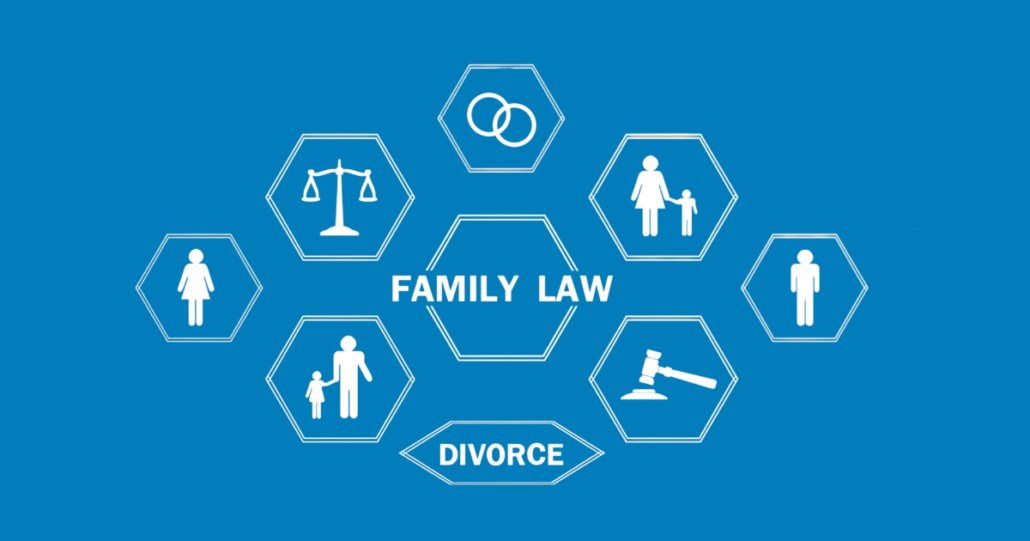New Changes to Family Law and What They Mean to You
As we approach the 6th of May 2024, it’s important to be aware of the significant changes to the Family Law Act that will soon come into effect. These amendments have been introduced to prioritise the wellbeing of children and streamline the legal processes.
In summary 4 of the key changes include:
More streamlined approach
The courts will adopt a more straightforward approach in determining the most suitable care arrangements for children by introducing a parenting framework overhaul, focusing on the best interest of the child.
A new set of factors in section 60CC will guide the court in determining what’s best for the child, which in summary provide:
- protection from violence, abuse, neglect,
- consideration of the child’s expressed views,
- emotional, developmental, psychological, and cultural needs,
- the capacity of each person with parental responsibility to provide for the child’s needs,
- the benefit to the child of having a relationship with each parent and the other significant people in the child’s life, when it is safe to do so,
- any other factor that is relevant to the circumstances of the child.
The presumption of equal shared parental responsibility will be removed
This important change allows the court to determine parental responsibility based solely on the child’s best interests in each individual case.
Final parenting orders can only be modified under specific conditions
Whether existing Parenting Orders have been made by the Court or by Agreement, historically there has been a particularly high threshold to satisfy the Court in relation to whether Final Orders are to be reconsidered by a Court.
The amendment offers clarification about when Final Parenting Orders may be reconsidered. While it remains that a Judge must consider if there has been a significant change in circumstances (when compared to when the Final Orders were made) it also now requires the additional consideration of “best interests” factors for the child/ren and if the matter being reopened will achieve a better outcome overall.
The ICL’s role
In circumstances where an ICL (Independent Children’s Lawyer) is appointed to represent the best interests of a child, they must:
a) Meet with the child (when aged 5 and over) ; and
b) Offer the child the opportunity to express their view (in relation to the specific matter)
While many ICL’s opted to meet with the child, now it is mandatory.
For those navigating the family law system, it’s essential to understand how these changes may affect your situation. Whether you’re involved in new or existing matters, except where a final hearing has commenced, these amendments will apply.
Should you require any assistance in your family law matter, please do not hesitate to contact us on (02) 9523 5535. We are more than happy to help, and our extensive experience in family law matters enables us to provide a high quality service designed for your needs.










Leave a Reply
Want to join the discussion?Feel free to contribute!